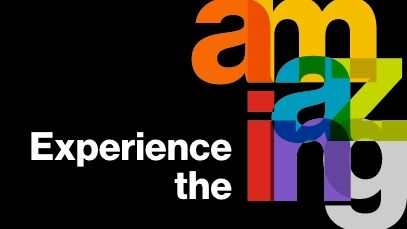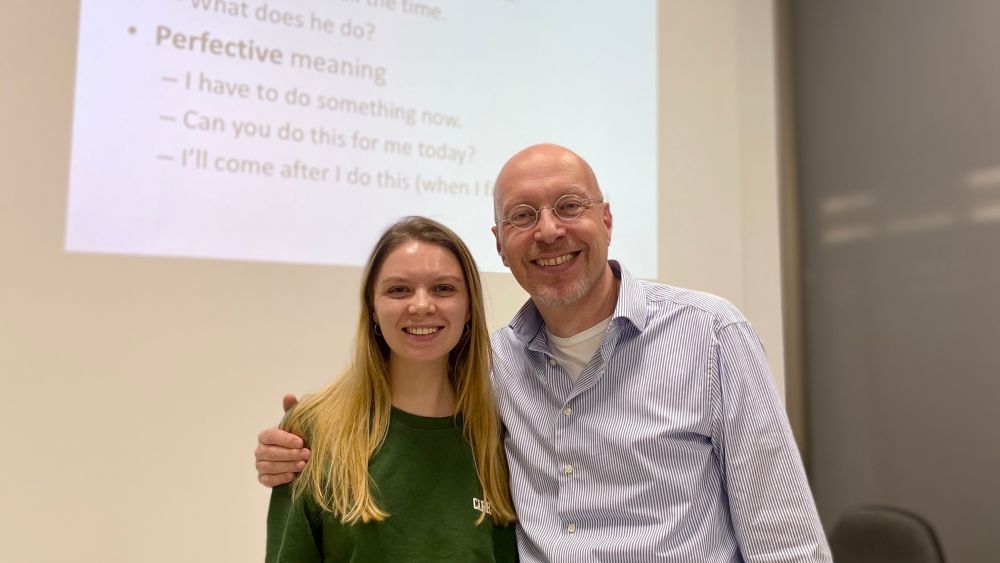Learning Croatian from a non-native speaker and its benefits!
Learning Croatian from a non-native speaker and its benefits!
By Angela Madjer, a Chicago Gal and RIT Croatia alumna
Croatian language is a challenging language to learn. For international students coming to Croatia to pursue their undergraduate degree, living and studying in a country where you are unfamiliar with the native language can be challenging and frustrating at times. Yet at RIT Croatia, the International Student Club (ISC) run by Emily Arnold, a fourth-year student, provides students the opportunity to learn and better understand the Croatian language.
How is this Croatian class different from others and who teaches the class?
Emily Arnold: "What makes the Croatian class special, you ask? It is being delivered by Dr. Peter Schmidt, who has been a professor at RIT Croatia for 11 years. Professor Schmidt moved from Germany to Croatia over 10 years ago and during that time has mastered the language. The funny thing is that he actually teaches accounting, not languages, and yet he does an amazing job explaining the ins and outs of the Croatian language. As a non-native, he can strongly relate to students and their questions about Croatian."
Learning the language from a native speaker can be quite a barrier from the beginning and this is for many reasons. Not only will a native speaker not understand many difficulties that a foreigner may have, but having an individual that has mastered the language and is not a native speaker can be the most beneficial way to learn the difficult Croatian language. Having an individual that can relate to students given that he also once started where his students were, and needed to learn the language from the beginning, gives the professor an advantage to better understand his students and what is challenging for them.
Have students been responsive and is the class improved their Croatian language skills?
Emily Arnold: "Throughout the course, students are able to better understand the foundation of the Croatian language when it comes to grammar and vocabulary. It has been evident that students that were present during the lecturers have increased their knowledge in many aspects of the language such as "padeži and glagoli" (cases and verbs). Throughout the semester, they were able to put their new language skills to practice and use them in many situations making their time in Croatia the perfect test to try out their new language skills."
Recommended News
-
November 15, 2024
-
November 5, 2024
-
October 31, 2024
-
October 30, 2024











